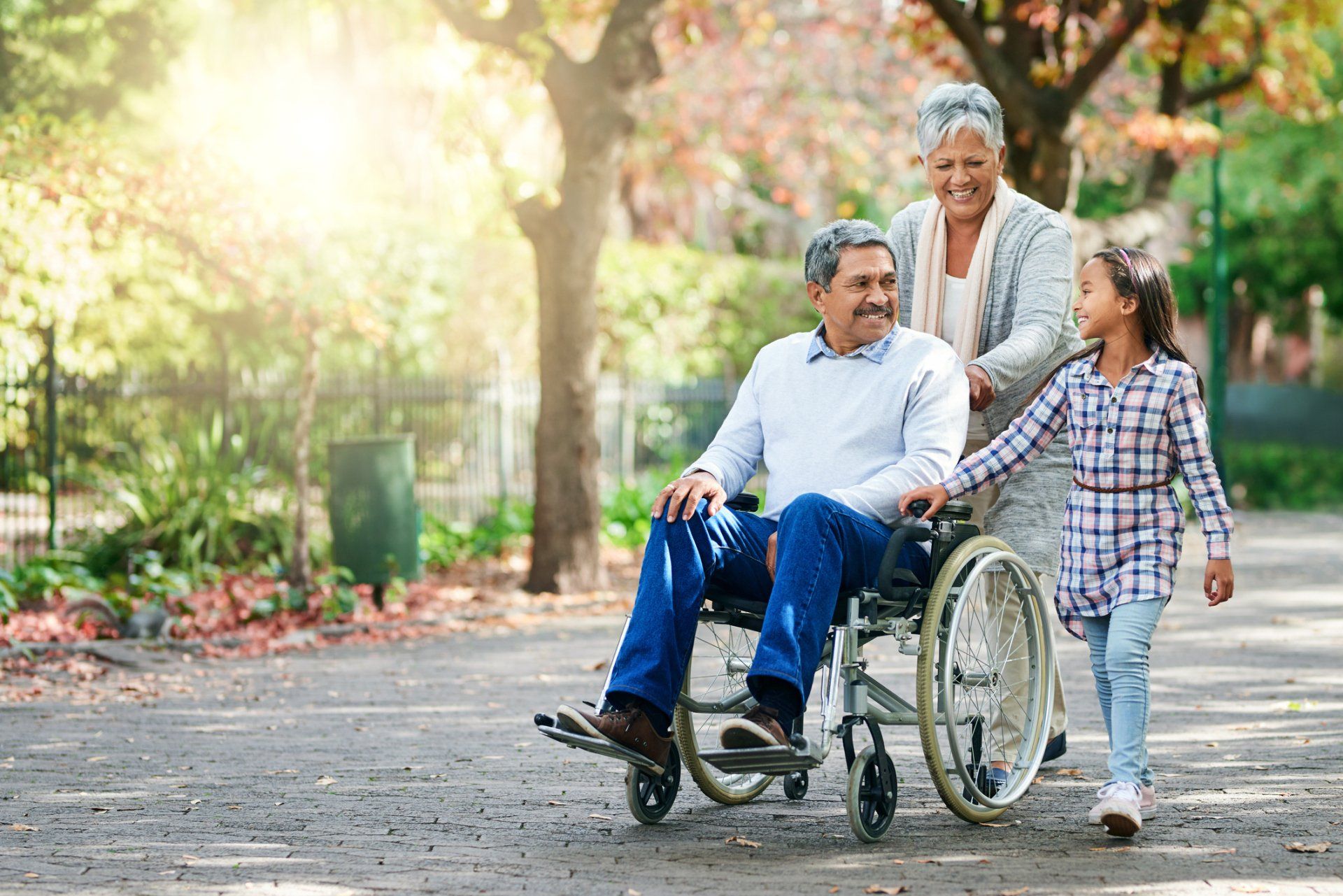TIPS FOR SUMMER AND LYMPHEDEMA
DOG DAYS OF SUMMER AND LYMPHEDEMA

We are now heading into the “dog days of summer”, commonly described as the most oppressive period of summer heat. Summer and hot humid weather can be a challenge to all of us, but especially for those living with lymphedema. However, being aware of the complications presented by these warmer months can help prevent further issues and complications when living with lymphedema.
WHY WARM WEATHER EFFECTS LYMPHEDEMA
When the temperatures begin to soar those living with lymphedema can have an especially difficult time with the heat. Blood vessels expand with heat, causing the amount of fluid that travels out of the blood vessel and into the tissue to increase. With a compromised lymphatic system the fluid does not always return like it should to the lymph system. This can result in further swelling and edema.
Staying out of the heat is not always an option and we still want to enjoy our summer. Here are some tips and tricks to help best enjoy the dog days of summer while also taking care of your lymphatic system.

WHY WARM WEATHER EFFECTS LYMPHEDEMA
- Avoid the hottest part of the day, usually between 11am and 3pm. If you have to be out, try to avoid prolonged exposure.
- Indoors, try to stay in a well air-conditioned environment.
- Drink plenty of water because staying hydrated helps to regulate your body temperature.
- Non-restrictive, loose and light clothing creates better lymphatic flow. It also will keep you cooler and allow your body to breathe.
- Avoid excessive sun exposure and be sure to wear sunscreen when venturing outside.
- Don’t get sunburned. Sunburns can increase swelling as well as trigger an infection. Remember you can still get sunburn through your compression garment so be sure to wear sunscreen even undergarments.
- Avoid salty foods which can cause you to retain fluid and increase swelling.
- Minimize diuretics like alcohol and coffee which can dehydrate you especially in the heat.
- Fungal infections are more common in summer with more time spent in the water and with bare feet. This can cause complications that are uncomfortable for those living with lymphedema. Be sure to wear protective footwear when not in the pool, especially in public showers.

- When swimming be aware that chlorine can be especially drying to the skin. This may cause the skin to crack and break leaving you vulnerable to bacteria and infection. Shower after you swim and be sure to dry off completely before putting compression garments on.
- If you do get overheated, elevate your limb. You can also place a cold wet towel over the affected limb. Elevation helps fluids move back toward your heart.
- Always wear insect repellent when going outside because a bite on the affected limb can cause additional problems. Avoice products with DEET, however. Check into products at the health food store for natural repellents.
- Even though it’s tempting not to wear your compression garments
- in warm weather, this isn’t a good idea. It’s important to protect your affected limb. Your compression garments are one of your best tools for this. Make sure to take good care of your garments and replace them when needed.
ENJOYING THE DOG DAYS OF SUMMER

The next few months can be challenging with the heat and humidity. I know the older I get the less tolerant I seem to be of the heat. With a little care and attention we can end our summer happy and safe. Wishing you all good health as we head into the dog days of summer!
Being aware can prevent more serious complications in dealing with your lymphedema. Please note these recommendations are to serve as guidelines only and I recommend consulting with your lymphedema therapist and/or doctor if you have any concerns or questions about safety in the heat of summer.



